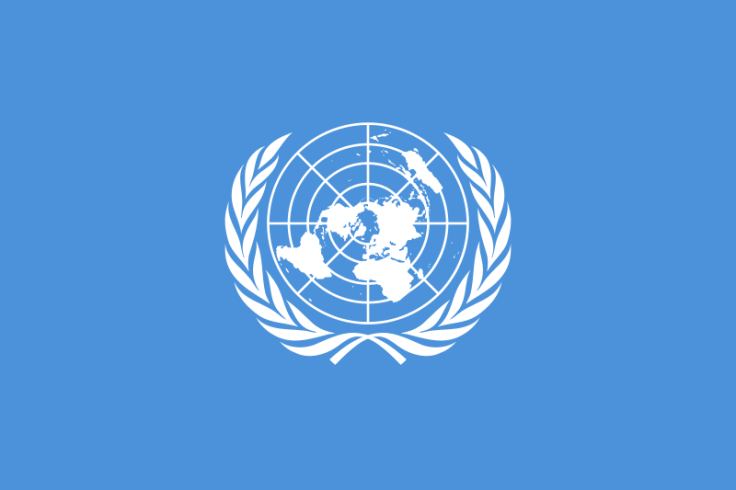
A day like today in 1945 marked the founding of the United Nations, establishing a system of international laws designed to prevent devastating global conflicts like the ones that had plagued the first half of the 20th century. The first 51 member states ratified its charter in a bid to achieve a lasting world peace. There are now 193 member states. The UN Charter enshrined the principles of human rights, democracy, sovereignty as well as the right of self-determination and anti-imperialism. Today is a day to recognize how much this invaluable organization contributes to peace and common progress.
Although a festive day, UN Secretary-General Ban Ki-moon, marked the 71st anniversary of the United Nations today, declaring that this year’s observance of United Nations Day occurs at a time of transition for the world and for the United Nations. "The world is also moving at long last beyond the mindset which viewed the burning of fossil fuels as the path to prosperity," he wrote in a statement. "At a time of record heat, Member States have embraced the Paris Agreement on climate change in record time. This landmark measure will enter into force on 4 November. Across that historic threshold lies our best chance for greener, cleaner, low-carbon growth."
He also acknowledged the end of his service. "The United Nations is also in transition, from its eighth Secretary-General to the ninth. I have been honoured to serve 'we the peoples' for the past ten years," he said. "Together, we have put in place some solid foundations for shared progress – which we must build on by working even harder to empower women, engage youth and uphold human rights for all."
However, the Secretary General admits there's been a lot of heartbreak as well, including unresolved conflicts throughout the Middle East, South Sudan, the Sahel and beyond. "On these and other frontlines of violence and disaster, courageous UN staff continue to rise to the occasion and respond to the plight of the vulnerable."
Although its job is invaluable, many still don't know what the UN is all about. But don't worry, we've gathered 5 fast facts to help you out a little.
1) The UN was founded in 1945 after World War II to replace the League of Nations, to stop wars between countries, and to provide a platform for dialogue.
2) Its objectives are to promote and facilitate cooperation in international law, international security, economic development, social progress, human rights, civil rights, civil liberties, political freedoms, democracy, and the achievement of lasting world peace.
3) The organization has six principle organs: the General Assembly, which is the main deliberative assembly; the Security Council for deciding certain resolutions for peace and security; the Economic and Social Council (ECOSOC) for assisting in promoting international economic and social cooperation and development; the Secretariat, for providing studies, information, and facilities needed by the UN; the International Court of Justice which is the primary judicial organ; and the United Nations Trusteeship Council which is currently inactive.
4) The organization has six official languages: Arabic, Chinese, English, French, Russian, and Spanish.
5) Other prominent UN System agencies include the World Health Organization (WHO), the World Food Program (WFP) and United Nations Children's Fund (UNICEF).
© 2025 Latin Times. All rights reserved. Do not reproduce without permission.





